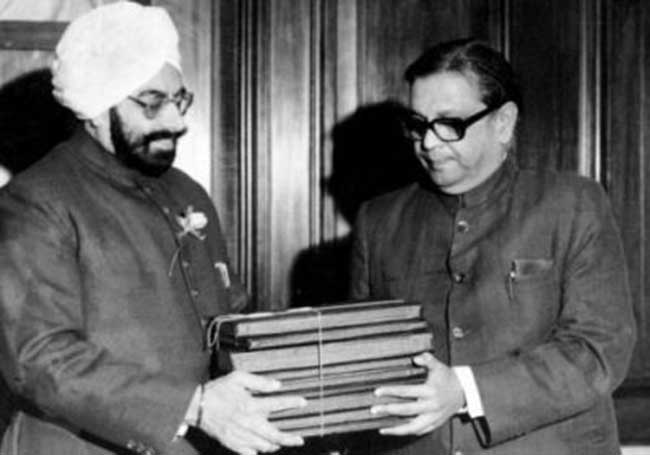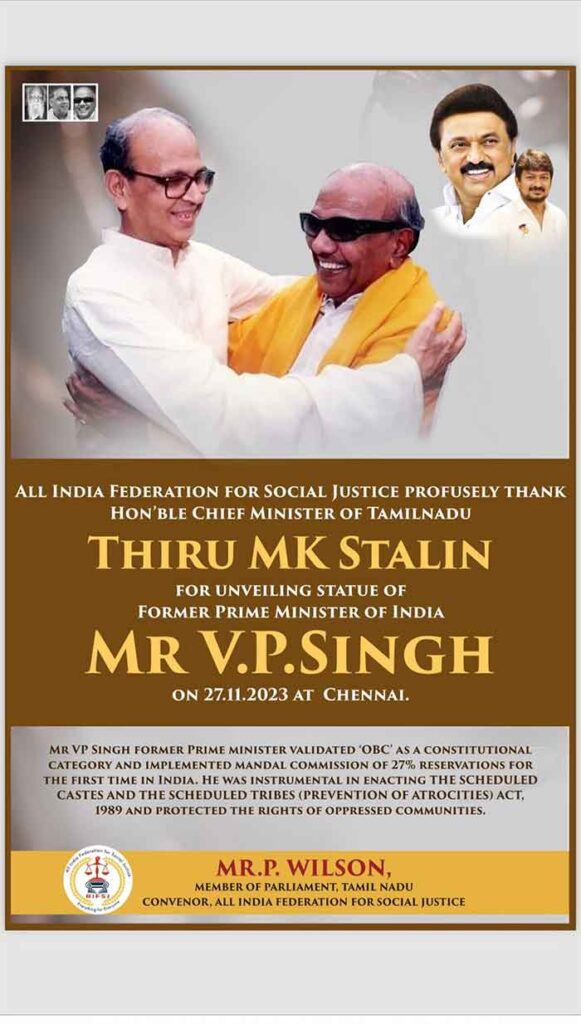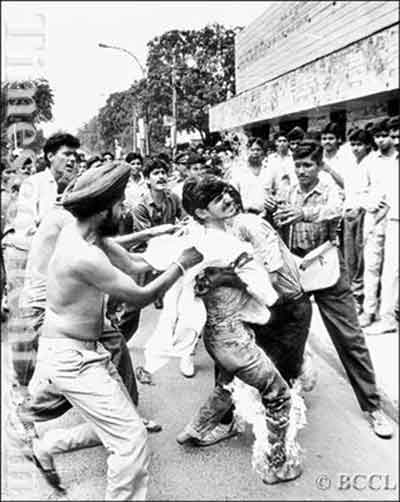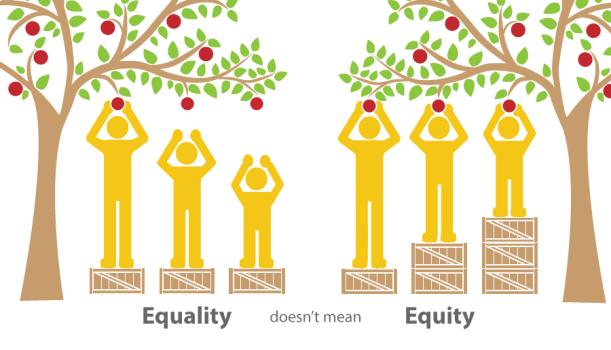
Bindheshwari Prasad Mandal (1918–1982) was an Indian parliamentarian, social reformer of the country who served as the chairman of the Second Backward Classes Commission, popularly known as the Mandal Commission. The commission’s report mobilised a segment of the Indian population known as Other Backward Classes (OBCs) and affirmed the affirmative action practice under Indian law whereby members of underprivileged castes were given reservation in all avenues of public sector for jobs and seats in educational institutions. Mobilization on caste lines had followed the political empowerment of ordinary citizens by the constitution of free India that allowed common people to politically assert themselves through the right to vote.
B. P. Mandal was born in a Yadav family in Banaras, India. He was raised in the village of Murho, in the Madhepura District (formerly Saharsa District) of northern Bihar. Mandal received his early education in Madhepura and he attended Raj High School in Darbhanga. He matriculated at Patna College in the 1930s and worked as an Honorary Magistrate from 1945 to 1951. Mandal’s political career began with the Indian National Congress but he joined the Janata Party after the Emergency Period. Later in his political career, Mandal gravitated toward socialist political ideas and he eventually joined the Samyukta Socialist Party. Mandal was a Member of Parliament in the Lok Sabha for the state of Bihar from 1967 to 1970 and 1977 to 1979. He was the second OBC Chief Minister of Bihar, governing for 30 days in 1968, a period of intense political instability.
In December 1978, a five-member civil rights commission was set up by the Govt. Of India under the chairmanship of Mandal, to identify the socially or educationally backward classes and consider the question of seat reservations and quotas for people to redress caste discrimination. The commission’s report was completed in 1980 and recommended that a significant proportion of all government and educational places be reserved for applicants from the Other Backward Classes.
The Commission estimated the population of OBCs as 52% and recommended that 27% of all post under the Central Government should be reserved for OBCs. Apart for the reservations in jobs, the Commission also made many other recommendations that include reservations in the promotions, land reforms in the favour of OBC’s, opening of technical institutes relating to the occupations of OBC’s, special division in all the ministries for the welfare of OBC’s, and review of the progress made for the welfare of OBC’s in every 20 years. However theses recommendations are less known and less discussed and even reservation has only partially implemented so far(only 12% of all central government jobs has gone to OBCs).
Amidst widespread and scathing opposition from anti-reservationists, the major recommendations of the Mandal Report was implemented by Prime Minister V. P. Singh a decade later, in 1989. The anti-social justice anti-reservation brigade consisting of privileged castes and their supporters, hit with full force during this infamous anti-Mandal protests of 1990, trying to topple by any means the political fortune that was, for the first time in centuries, about to grace the backward castes of India. Through widespread destruction of public property, looting, and intimidation for bandhs, hartals and dharnas, even shock-tactics like immolation, they tried to create panic and wreak havoc in the society. This protest exposed the real faces of many parties who do mouth service to backward classes in their election manifestoes. As the greatest example, the BJP top brass leaders including L. K. Advani were the first to denounce the Mandal Report (despite whatever was written in their manifestoes) and serve as the intellectual leaders of the protest, spearheading the movement from backstage, exploiting the political mileage out of it. Their hypocrisy was so explicit that protesting students themselves turned them away when they tried to visit the hapless students who set themselves on fire mislead by their words. This protest was mostly confined to the urban areas over the Hindi speaking belt, especially some Universities dominated by students from the privileged castes. However, Prime Minister V. P. Singh managed to salvage the implementation of the report even at the cost of his resignation.
Tata Sivaih is President, Mahatma Jyotirao Phule & Krantijyoti Savitribai Phule Educational Circle, Hyderabad. Email: [email protected]















































